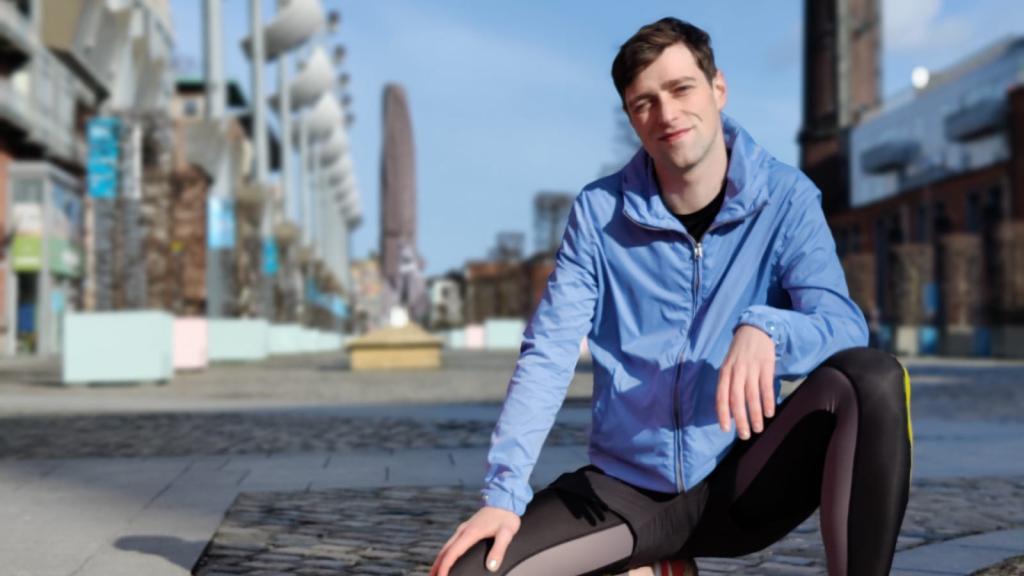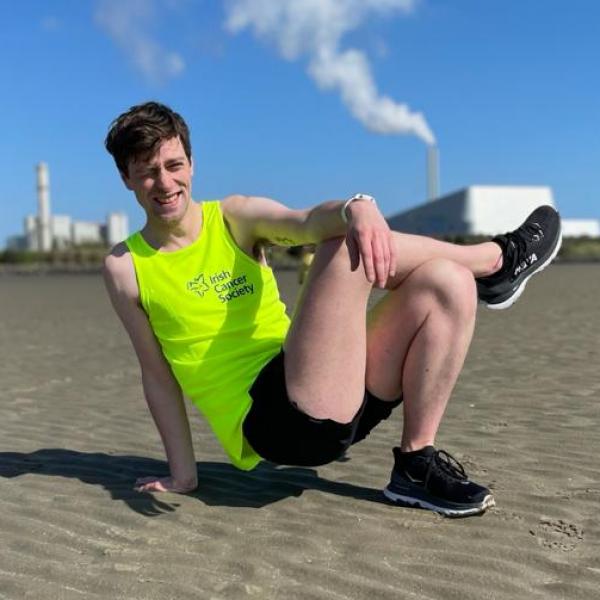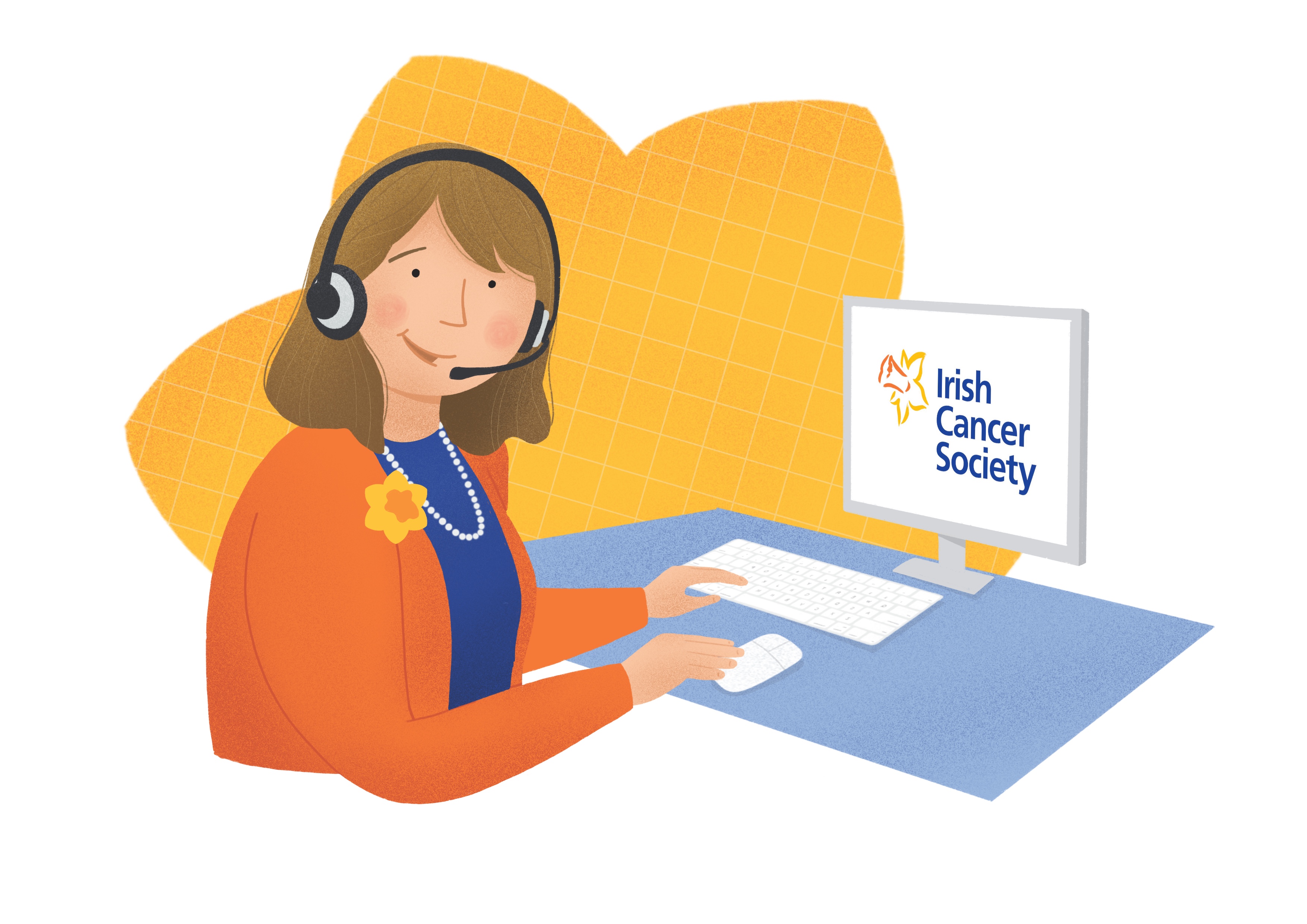
'It’s so weird to feel like a bit of your body betrays you' - testicular cancer survivor Jamie

“You don’t really expect at age 23 to be told you have cancer,” says Jamie Brady from Cavan. Jamie was shocked to be diagnosed with testicular cancer last year.
“I was checking myself and I found a lump. I went to my GP and they sent me for an ulstrasound,” he recalls. Following some ultrasound appointments, Jamie’s doctors recommended surgery to remove his left testicle.
“Initially, I was just in a state of shock and fear… When I was in the hospital, I picked up one of the Irish Cancer Society booklets for testicular cancer, which was really helpful. I was fearful to look up the survivability rates. But then I looked, and testicular cancer is almost always curable.”
It was only after surgery that Jamie’s doctors could confirm that it was Stage 1 testicular cancer. The surgery was successful, and Jamie didn’t require any further treatment. He is undergoing five years’ surveillance (close watching for early signs of cancer recurrence) and has one year behind him.

Jamie wants something positive to come from his cancer experience, so as well as advocating for cancer awareness, he’s running the Virtual Dublin Marathon for the Irish Cancer Society: “Cancer sucked for me and I want to help others. The Irish Cancer Society does incredible work for people affected by cancer. It gives me so much joy to think about the people the money raised will help.” Jamie’s fundraiser has already raised over €2,000 for our vital cancer services and research.
Finally, Jamie’s advice is to check your testicles and talk to your doctor if you notice anything that isn’t normal for you: “I can’t stress enough how important it is to check yourself. The earlier you get seen the better. I know with Covid less people are getting checkups for little things, but it’s so important because you never know. My age group can think of ourselves as invulnerable and that’s just not true, especially with testicular cancer.”

Contact the Irish Cancer Society Support Line
If you are worried that cancer might run in your family, call our Support Line on Freephone 1800 200 700 to speak to one of our cancer nurses in confidence or download our free factsheet on cancer and genes.

For more information
Phone
1800 200 700

